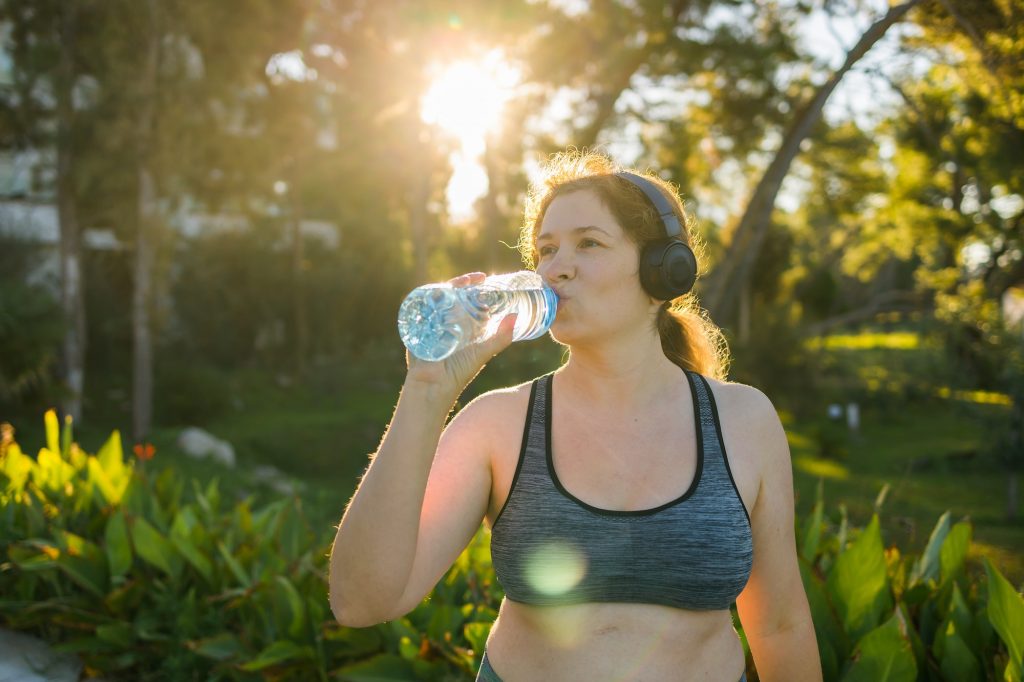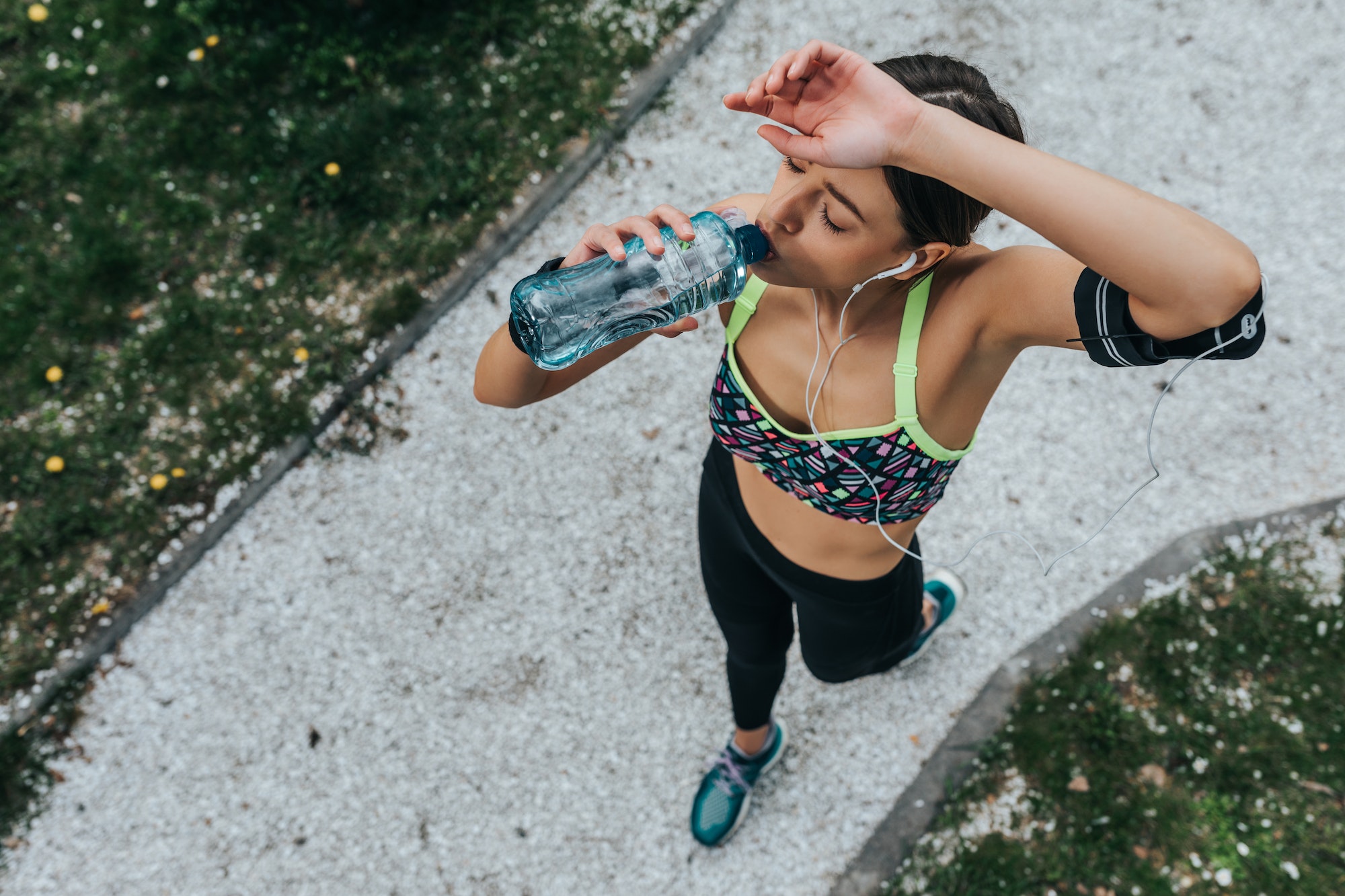When it comes to the topic of hydration in health, many people might think of it merely as drinking plenty of water. While it is true that water plays a crucial role, proper hydration goes beyond this. It also involves the consumption of foods with high water content and understanding your individual hydration needs. This article will shed light on the importance of hydration, how to maintain optimal hydration levels, and how it ties in with a healthy eating guide.
Understanding the Importance of Hydration
Water is vital for nearly every function in the body. It aids in digestion, nutrient absorption, energy production, temperature regulation, and even brain function. Thus, maintaining proper hydration levels is critical for optimal health and performance. Dehydration, even in mild cases, can lead to issues such as fatigue, headaches, decreased concentration, and physical performance impairment.

Achieving Proper Hydration in Health
1. Drink Enough Water
The amount of water needed can vary greatly depending on various factors like age, sex, weight, physical activity levels, and climate. A general guideline often suggested is to drink at least eight 8-ounce glasses of water a day, but requirements may be higher for those who are very active or live in hot climates.
Do you know how much water you need? Use our fitness calculators to find out!
2. Include Hydrating Foods in Your Diet
Hydration doesn’t only come from what you drink, but also from what you eat. Many fruits and vegetables are high in water content, which can contribute to your hydration needs. For example, cucumbers, watermelon, oranges, and strawberries all contain 90% water or higher. These foods can be easily incorporated into your meal prep routine.
3. Rehydrate After Exercise
Physical activity, especially intense or prolonged ones, can lead to significant water loss through sweat. It’s crucial to replenish these losses by drinking water or sports drinks for exercises lasting more than one hour or conducted in hot conditions.
4. Monitor Your Body
One of the simplest ways to check your hydration status is by looking at the color of your urine. Light, pale-yellow urine typically indicates adequate hydration, while darker urine can be a sign of dehydration.
The role of hydration in health is fundamental and far-reaching. As part of a balanced diet outlined in a healthy eating guide, adequate hydration is a cornerstone of optimal health and well-being.
For a comprehensive understanding of the importance of hydration and the many factors that can influence it, you can refer to this detailed resource from the Mayo Clinic.
In conclusion, understanding and maintaining proper hydration is critical to overall health and well-being. So, make sure to keep that water bottle handy, incorporate hydrating foods into your diet, and listen to your body’s signals. Your body will thank you!


